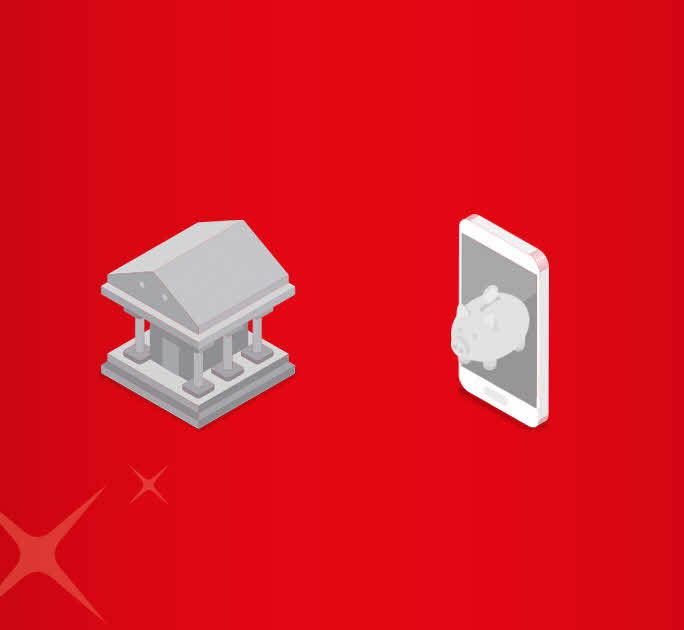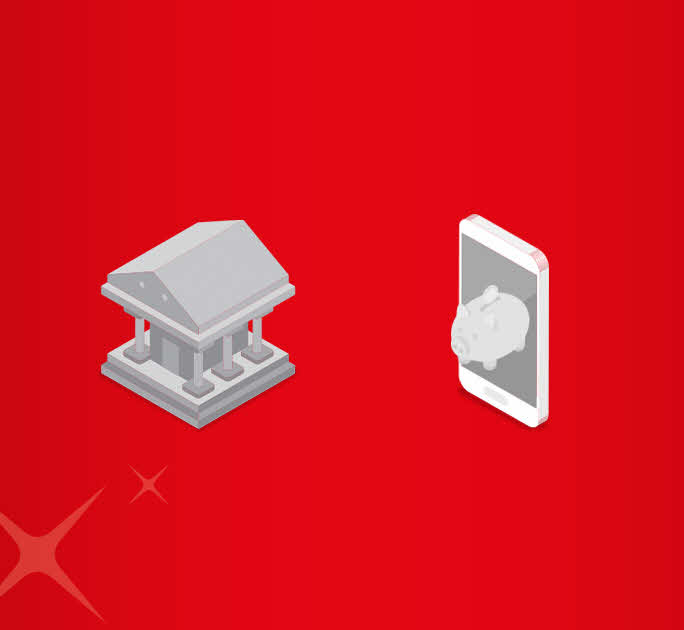- Save
- Invest
- Borrow
- Pay
- More
- Customer Services

How to Protect Yourself from Online Frauds
Learn How to Protect Yourself from Online Frauds
Key Takeaways
- Any crime that occurs in cyberspace is known as online fraud.
- Phishing is one of the most notorious forms of online bank frauds in India.
- Set strong passwords featuring alphanumeric and special characters and change them often.
- Never share your essential information with unknown people, such as bank details and mutual fund portfolio details.
- Avoid sharing personal information about your bank accounts on social media.
Every year, millions of Indians fall prey to online fraud – a type of fraud that occurs in cyberspace. Per a report released by the National Crime Records Bureau (NCRB), India witnessed 50,035 cybercrime cases in 2020 alone – a significant rise of 12 per cent from cyber offences recorded in the previous year. And while we all take advantage of digital and online payment facilities, one wrong click can land us in serious trouble and lead to grave financial losses. In this article, we explain how online frauds occur and what you can do to prevent them.
How Does Online Fraud Take Place?
Cyber fraud or online fraud is the process of using an online medium to steal someone’s identity, usually to steal their money. There are several types of bank fraud cases, which include:
- Hacking: Hackers typically use stolen credit cards or debit cards’ information to make fraudulent purchases online.
- Phishing: In Phishing frauds, scammers try to extract sensitive data by impersonating you. In such data breach cases, criminals can access your private and confidential information, including bank account details.
- Investment frauds: The NCRB has also recorded cases of scams involving Mutual Funds where scammers use fake proof of identity documents to redeem units from different Mutual Funds of unsuspecting customers.
How to Protect Yourself from Online Fraud?
Since most of our financial transactions today occur in the digital space, knowing how to protect yourself from cyber fraud is incredibly crucial. Here are some tips to keep in mind:
- Avoid using easy to guess passwords. Instead, create a 12-15 characters password combining letters, numbers, and special characters, which hackers cannot crack easily. Also, remember to change your passwords often.
- Memorise your passwords instead of writing them on chits in your wallet, on your phone etc. If these come in the wrong hands, you could face huge losses.
- Activate two-factor authentication involving passwords and one-time passwords (OTPs) to safeguard your finances from online frauds.
- Do not share personal information on social media. Hackers and scammers usually target social media profiles to get essential information to figure out passwords. Change your privacy settings and lock your profiles.
- An essential tip to prevent online fraud in India is to decline requests to connect with unfamiliar people or strangers.
- Never share critical information like bank or investment portfolio details with unknown people.
- Use a secure internet connection, preferably your home wireless network, while conducting bank transactions.
- Avoid using Public Wi-Fi for online shopping or online banking.
- Keep a watchful eye on phishing emails. Check the source email address when you receive an important email from your financial institutions, bank, or mutual fund.
Final Note
As a responsible investor and an individual, you need to be vigilant about your online financial transactions and stay cautious against online frauds. In case you feel that your personal information has been compromised, you must alert your bank immediately. Also, reach out to the National Consumer Helpline for grievance redressal.
Download digibank by DBS to effortlessly send money to your loved one with 100% confidence. Also, open your savings account with us.
*Disclaimer: This article is for information purposes only. We recommend you get in touch with your income tax advisor or CA for expert advice.











